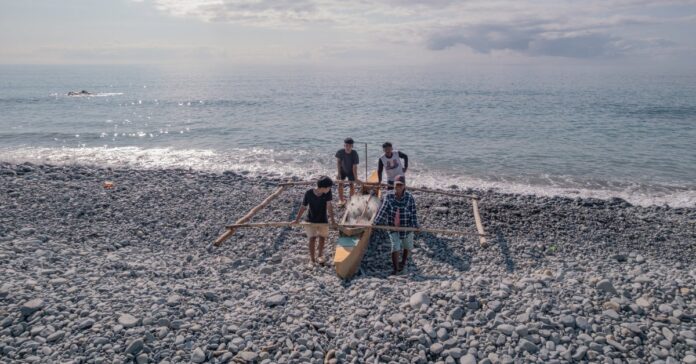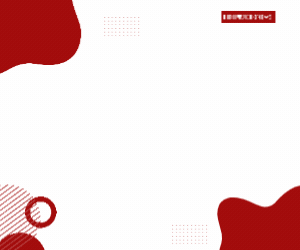Yolanda’s wake left hundreds of orphans, but even those like Ubaldo whose family had survived had their childish innocence ripped away. “Afterwards, I felt grown up,” she recalls. “We lost our home. We literally went back to zero. I don’t know how I would be able to go to college, so I became a breadwinner.”
While working multiple jobs including at a fast-food restaurant to support her family, Ubaldo eventually won scholarships to study social work at university. But that helpless feeling stuck with her. A month after Yolanda, another typhoon struck, but this time nobody would take in her family, which was forced to shelter huddled next to a mountain. “I felt like I was just done being ‘resilient,’” she says. “So we lobbied our local government unit to be more proactive.”
In 2019, Ubaldo organized the Philippines’ first youth climate strike. Today, she works in Washington, D.C., for the League of Conservation Voters environmental advocacy group, and has testified on climate issues at the U.N. and U.S. Senate. “During disasters, people are gracious that they help each other,” she says. “But trauma really comes after a disaster: What should I do now?”





